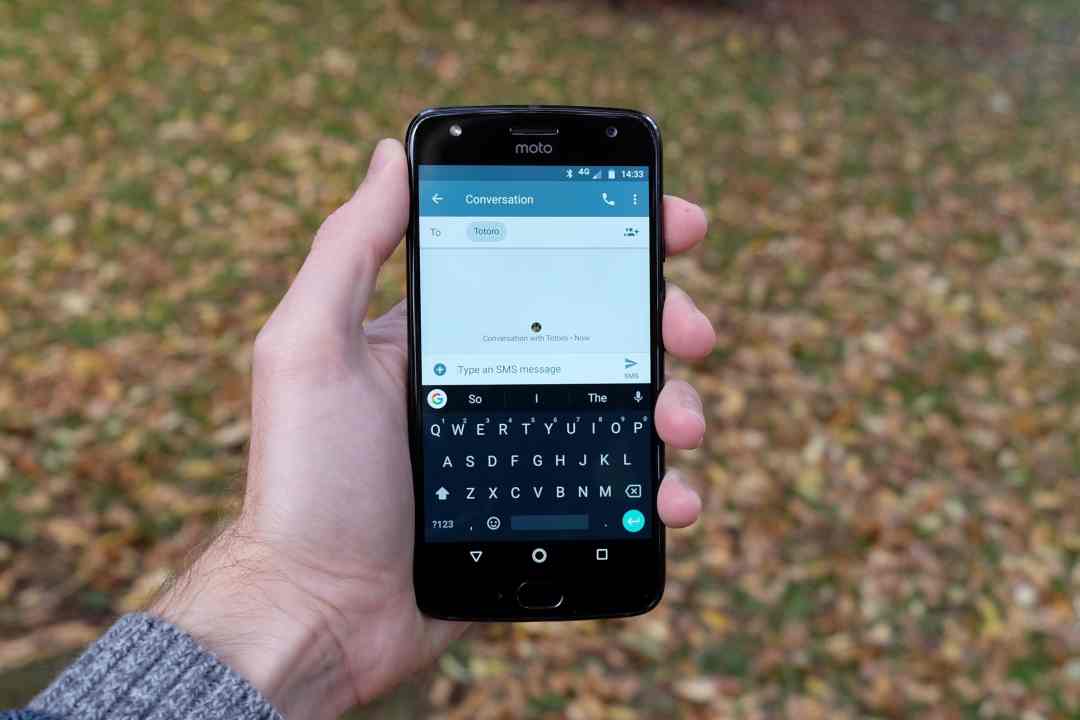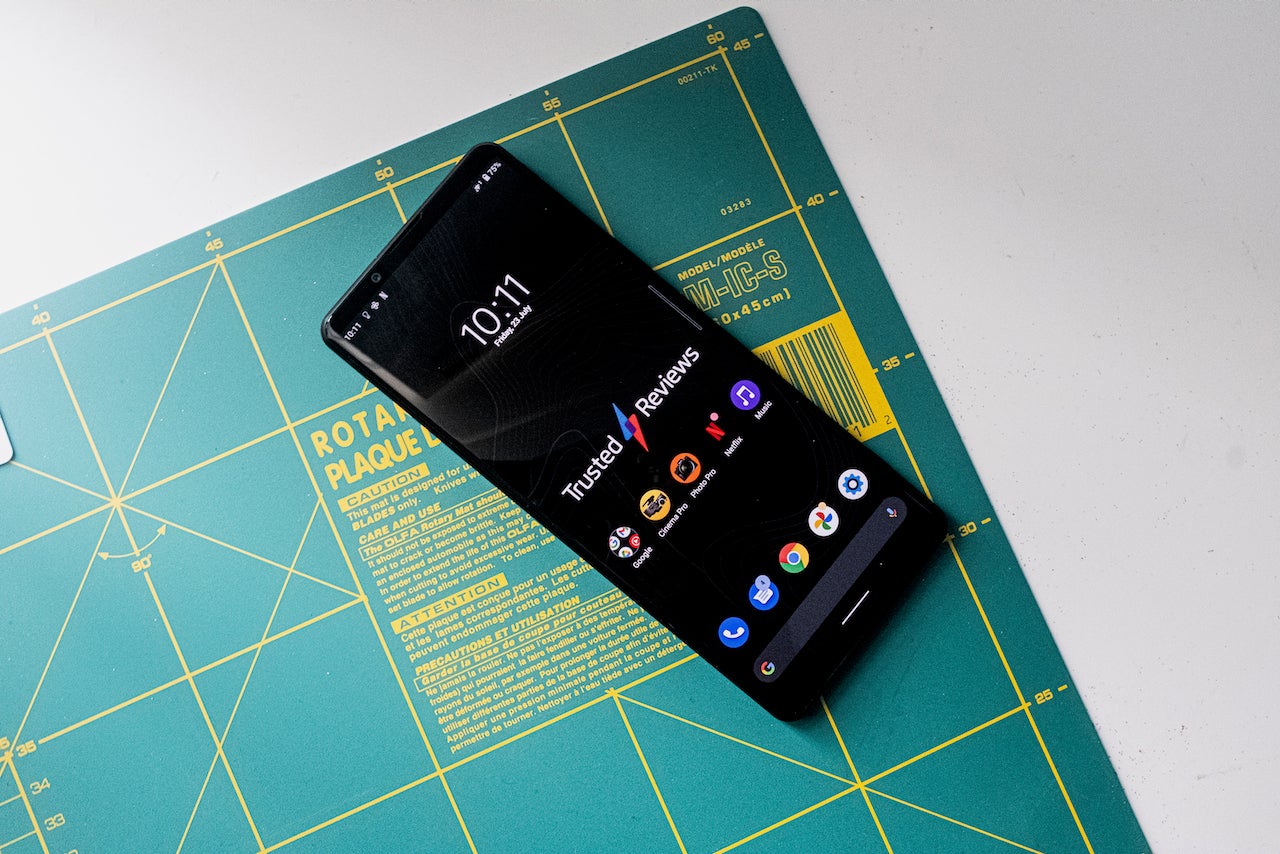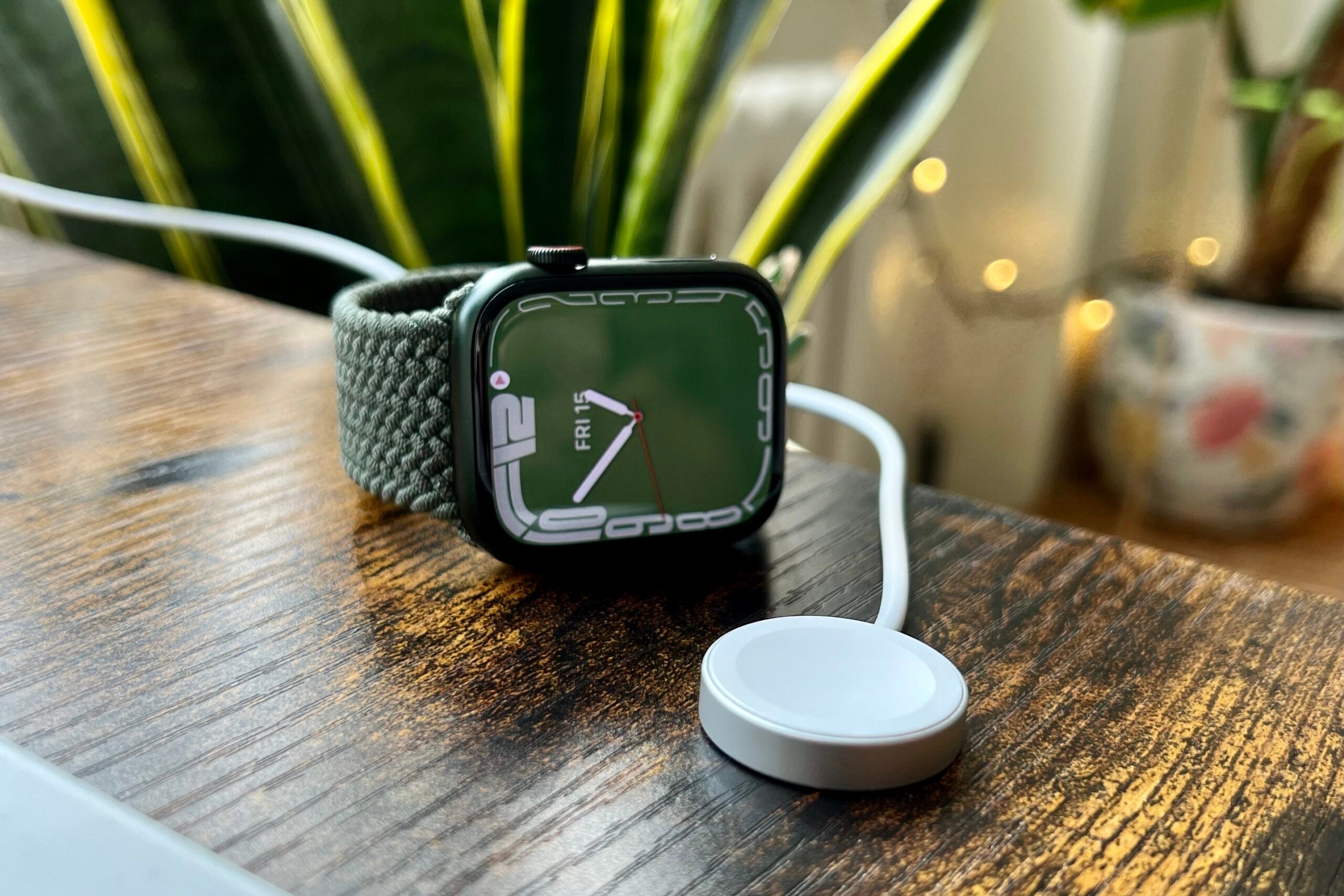
If you think getting a spam text from a random number is annoying, try and imagine receiving a dodgy link from yourself.
A growing number of mobile users in the US have reported finding the confusing messages in their inboxes. In some instances, the sender will urge them to tap on a link to receive a gift, such as a brand new Apple Watch 7, as a thanks for paying their phone bill in a timely manner or completing a short survey.
According to a report by The Verge – who first spotted the issue – the spam messages appear to be part of a wider attack targeting the US mobile network, Verizon Wireless.
“Verizon is aware that bad actors are sending spam text messages to some customers which appear to come from the customers’ own number”, said Verizon spokesperson Rich Young in a statement to The Verge.
“Our team is actively working to block these messages, and we have engaged with US law enforcement to identify and stop the source of this fraudulent activity. Verizon continues to work on behalf of the customer to prevent spam texts and related activity”.
The free gift that used to lure unsuspecting texters, unsurprisingly, doesn’t exist. Instead, the link has been sending them to Russian state media network, Channel One Russia.
Despite this, Verizon says there has been no indication that the fraudulent activity is coming from Russia and that Verizon’s network has not been compromised by the attack. However, no other major carriers have said or appear to be experiencing the same issue.
While you might view a spam text from yourself as an easy thing to avoid (after all, if you didn’t send that text why would you fall for it?), the link will still no doubt fool a few people.
Users might see their own number in the contact space and assume the text is safe, or even mistake it for a message from Verizon itself.
The fact the texts are coming from same number also means that users can’t block or report it to the authorities (that’d be the National Cyber Security Centre in the UK) or to their mobile network to have the contact investigated.
Luckily, as of publishing this story, it doesn’t appear as though any UK-based networks have been targeted.
Trusted Reviews has reached out to Verizon and will update this page if we hear any more information.







